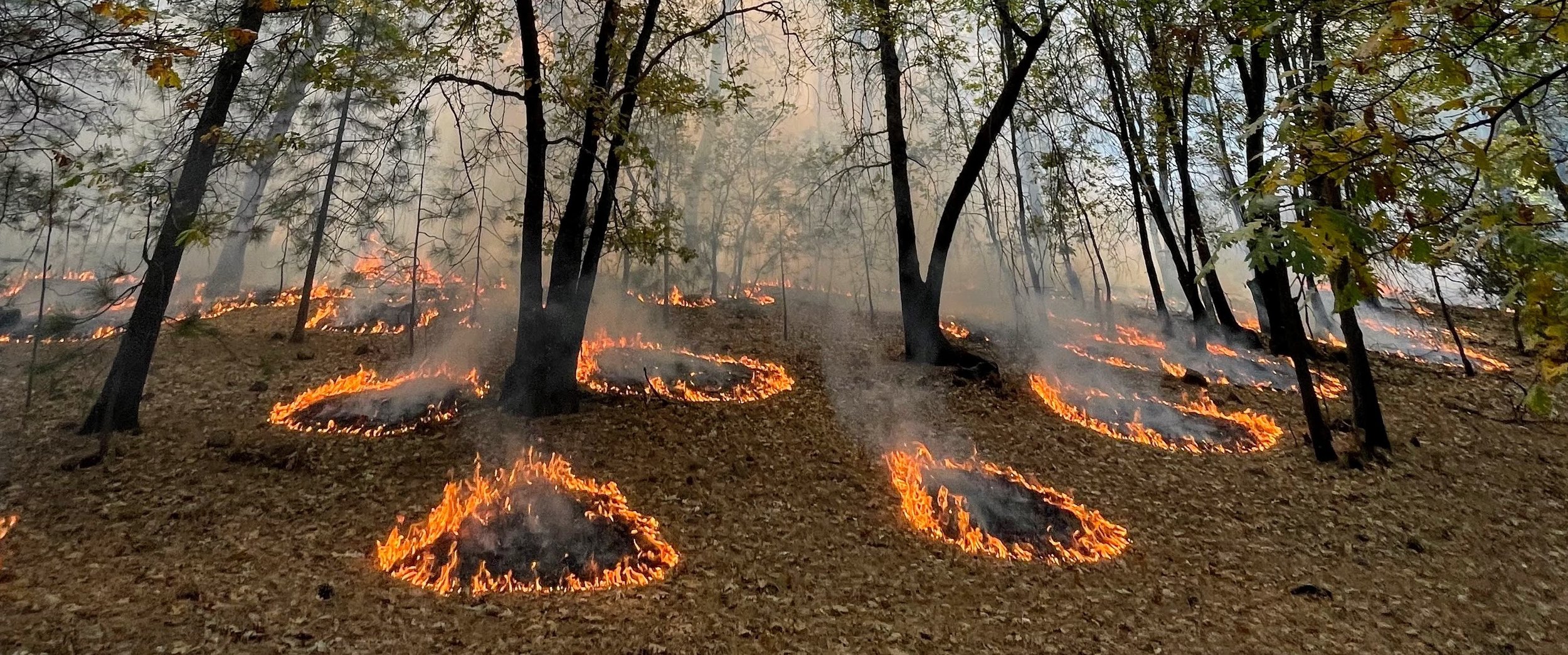Poet
Silvi Alcivar
Silvi Alcivar’s written-on-the-spot poetry lives in the moment two strangers meet over her red royal typewriter--the anonymity an invitation to speak, the typewriter keys a willing listener. Her work and art practice root in holding presence, translating the moment into a poem, and offering it back–witness and witnesser, mirror and reflection. No matter the subject or audience, her work lives in pursuit of quiet, not silence so much as the place inside where wisdom lives whispering for all of us to listen. It’s an immersive experience of creative reflection listening, translating the moment—whether that means the music being played by a chamber quartet, the words spoken by a conference speaker, or the heartfelt outpouring of a stranger—into poetry. There’s no editing or revising. No erasing or over-thinking. No backspacing or taking back the marks typewritten on the page. There’s just the trust of art, that art of trust. The aim is not just to write a poem. The poetry itself is almost incidental to the process but becomes a held-in-hand-evidence of being seen and heard, becoming connected to presence and attention, to feeling and reflection, to connection with yourself and the world around you. Poetry becomes an act of communion and location. Of thinking and reflection. And because of the immediate process, and the trust in it all, an experience of what-just-happened-awe.
The way Silvi works with words on page is akin to a fire moving in a forest. No one really knows which direction it will go (she doesn’t even know herself!). But the elements are known. The process has been witnessed before. It’s necessary to make sure there’s a container. And that there’s safety in it all.
In the last few years, largely inspired by the pandemic reinvigorating survival mode, Silvi has worked to incorporate mindfulness practices and principles into her work as well as become transparent about creating a space for voicing, destigmatizing, and normalizing mental health issues. We are a culture traumatized by the pandemic. This on top of the trauma we embody because of our particular places in identity politics, class, race, sex, gender, able-bodiedness, disability, illness, aging, mental illness, violence, poverty, etc. As an adult who lives with CPTSD, a survivor of childhood trauma, poverty, emotional and physical abuse, Silvi’s life experience and presence make touchstone of the invisible experiences that may be part of anyone who stands before her typewriter or sits in the audience.
Though for the last 15 years Silvi has written and sold nearly 100 thousand poems for as many people, worked for clients as well known as Google, Hermes, Apple, TedX, Bioneers, The California Report, and KQED, exhibited art and installations in Bay Area galleries, taught poetry for elders and children, performed on stage and radio, and published in anthologies, the greatest accomplishment of her work comes from the reciprocity of connection and presence—people who do/did not know her sending messages to say her art changed their life, sometimes even saved their life. Permission to be present is a powerful gift. Being witnessed is a powerful thing. Undoubtedly, her work has saved her life too. And so she remains committed to trauma based mindfulness as root of how she offers attention, forms words to be received, holds a non-judgmental and safe space of witness and listening. That said, her work also recognizes the importance and power of play, laughter, levity. Every poet knows light and dark live as balancing factors. So too what is heavy with what lands more ebullient in the heart.
Currently, her collaborative performances to sold out audiences with the Wave Chamber Collective have continued to prove the power of inviting audiences into unexpected, multi-disciplinary, community oriented, informative art practice as a conduit of connection and immersive attention. After her last performance, an audience member remarked, “It felt like I was invited into an experience of collective consciousness. I cried. I laughed. I feel altered in the best way. I’ll be thinking about this for a long time.” For a poet, there really is no higher praise.

